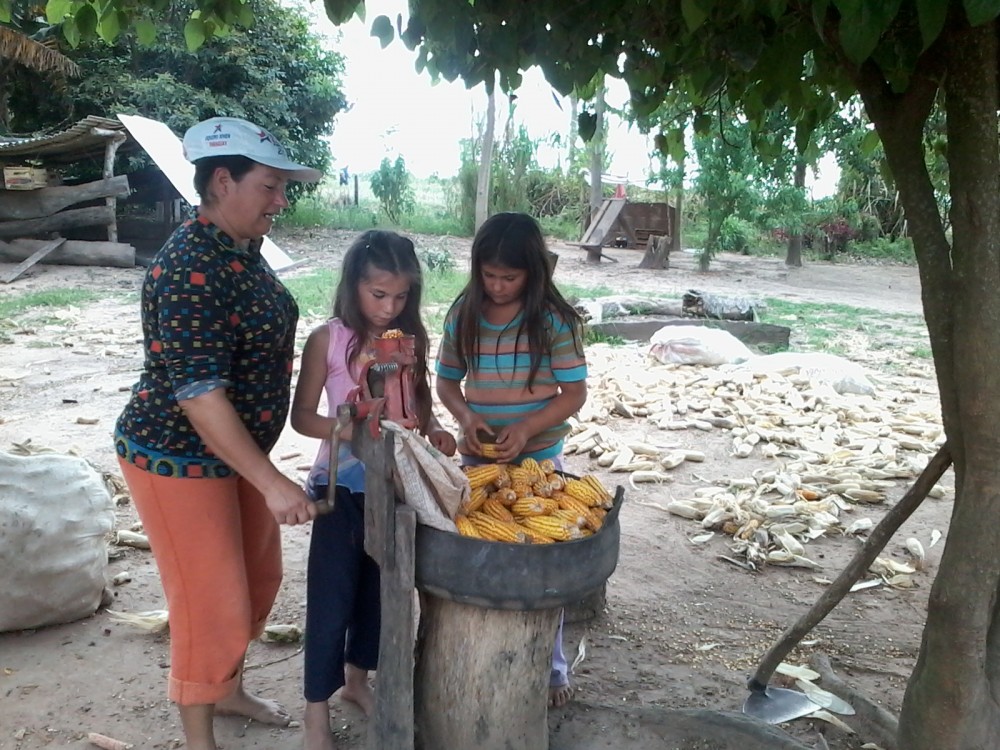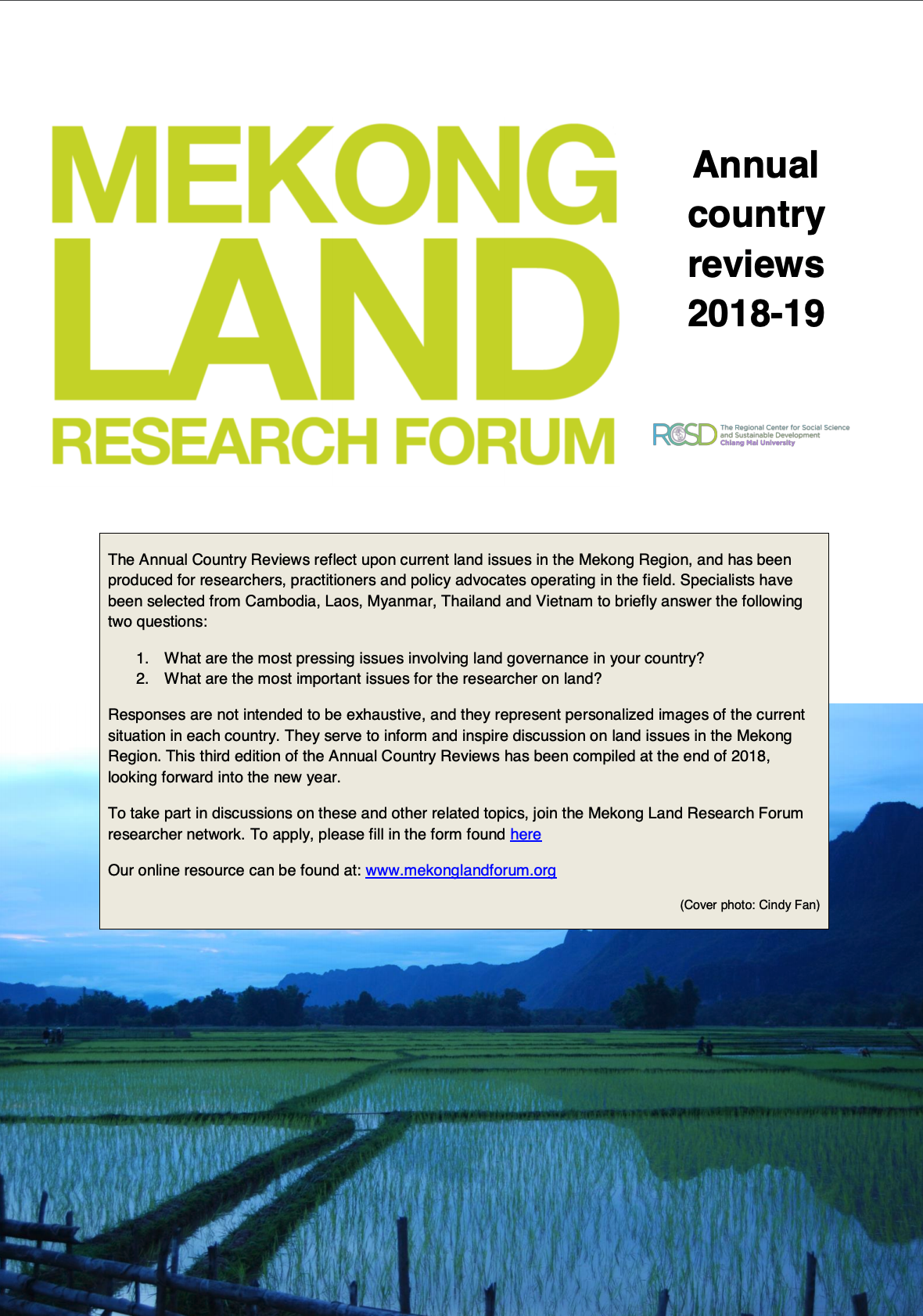Land consolidation as technical change: Economic impacts in rural Vietnam
This paper deepens the economic analysis of the effects of land consolidation – reduction of land fragmentation. It does this in the context of rural Vietnam, studying whether land consolidation promotes or hinders the Vietnamese government's policy objectives of encouraging agricultural mechanization and stimulating the off-farm rural economy. The analysis views land consolidation as a form of technical change, making it possible to apply the rich insights developed in the economic literature on that subject.






